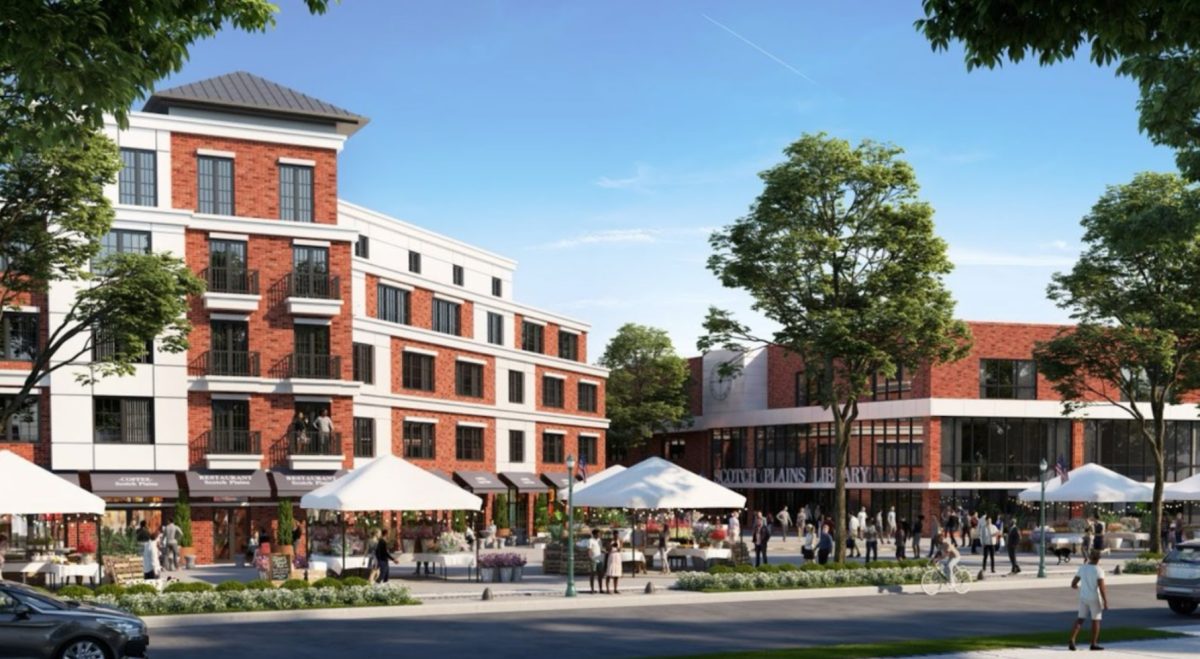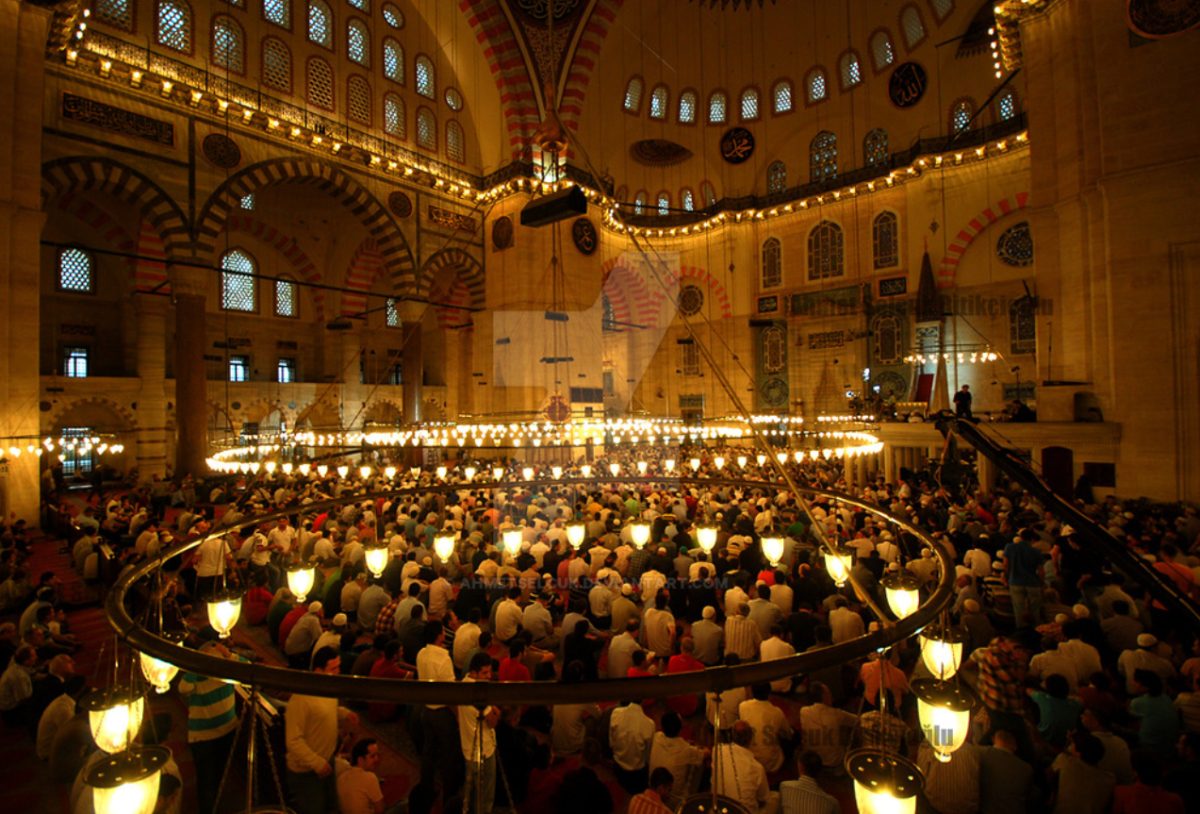Union County boasts its own historical site, the Caldwell Parsonage home, located in nearby Union, New Jersey. The home and its historical significance continue to influence our area today.
The Caldwell Parsonage was home to Hannah Caldwell and her husband who lost their lives in the war, and their nine children.
”The best part of the history of the home is the true story of a courageous woman, Hannah Caldwell, refusing to be forced from her home by the British.” said historian Barbara La Mort. “In doing so, she lost her life after the Battle of Connecticut Farms [the former name of the Township of Union].”
La Mort, who runs the Caldwell home, worked as a history teacher until she decided it was time to experience real-life history. Her motivation to work in such a remarkable home was that her life was devoted to the history, and La Mort wanted to keep the tradition strong.
“The one thing about the home that’s the most special to me is the feeling of history being alive there,” said Barbara La Mort.
The Parsonage home is open to all, and La Mort provides small shows, private tours and field trips to view the many artifacts. Each one holds a special part in La Mort’s heart.
“One attraction that might be considered the most significant — and historically valuable — at the Caldwell home is a framed 1782 Salem Gazette newspaper article describing the murder of Rev. James Caldwell, a real hero of our War for Independence,” said La Mort. “His death left the nine Caldwell children orphans.”
During the American Revolution, women’s say and role was minimal to none. The Caldwell Parsonage home proved to be a turning point for women’s rights and Caldwell became the motivation for helping push the British out of America shortly after her death.
”I think the Caldwell Parsonage is the best historic place to visit in New Jersey,” said La Mort. “What happened there was a turning point in the American Revolution. Hannah’s murder and the burning of her home there by a British soldier on June 7, 1780, motivated the Patriots to repel the British at Springfield, thus preventing them from capturing Gen. Washington in Morristown. After that, no major battles of the Revolution were fought in the North; the British gave up and focused attacks on the South, where they were finally defeated at Yorktown, Virginia, the following year.”
In Union, La Mort’s employees are all volunteers, and she spends most of her time watching after the historic home. Any students interested in learning more or being apart of the experience should visit www.unionhistory.org.








